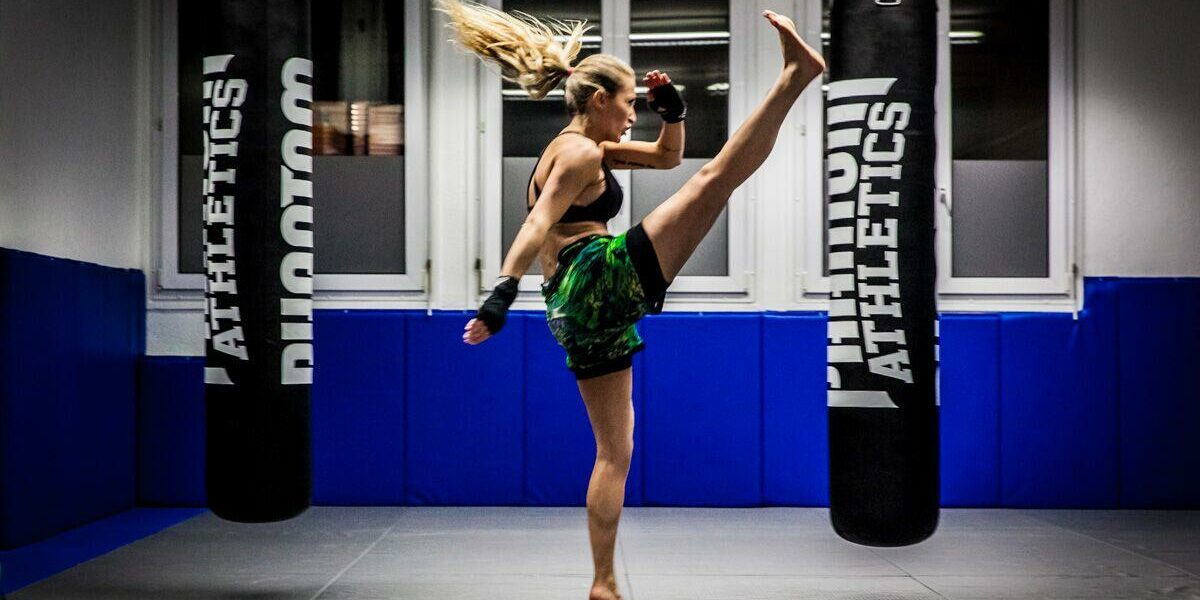The beginning of the year is, for most of us, time for new resolutions. Between quitting smoking for some, eating properly for others, taking up sport (again) is often part of the equation. But once the intention is set, you have to stick to it. And that’s where the problem lies. Who hasn’t experienced crowded fitness centers in January, and strangely quiet by March? Who hasn’t come across those people who are suddenly numerous to walk on the pavement… and who will never be seen again in their sport clothes ?
How can we explain the extent of such disengagement? And, above all, what are the keys to sticking with it, to (re)connect with sport for good? Sharlen, sports coach specialized in boxing and entrepreneur, explains.
Sharlen sees this phenomenon of “desertion” every year: “In January, I see new people coming to my semi-private boxing classes. And by February, 50% are gone.” It’s the same in the fitness centers, where after the peak of new subscriptions, the centers return to “normal” attendance as soon as February is over. How to explain this? For the coach, you have to look at the leitmotiv behind the registration:
“When people come only for a post-holiday fitness, they almost all end up giving up. For me, this lever is not powerful enough to last in the long run. Because working out is not just about fitness, or losing weight as we hear too often”.
Interesting fact: all of the coach’s new students, those who don’t give up after a few weeks, are initially people who don’t do sports. All the more difficult to stick with it, especially when starting with boxing? Well, no, on the contrary. “It is precisely the DNA of this demanding sport that partly explains the commitment of these novice audiences, from all backgrounds and all physical conditions. With boxing, you quickly get a sense of accomplishment that has a huge impact on people’s psychological levers. You not only feel good physically, but also morally, with this sense of pride, power as well, self-confidence.”
Sport as medicine, a cure for many ills?
“That’s exactly it. In my students, boxing has become their therapy” continues the coach.
For her, the key is there, the one that will allow the passage between “doing sports”, and “having a real life routine:
“Seeing sports as a kind of “preventive medicine” capable of arming us against the difficulties of everyday life, it is an extremely powerful lever to never give up its practice.”
“Moreover, with this state of mind of sport in full consciousness, for the right reasons, we greatly avoid the risks of injuries. And I see it every day in private classes: even my students who came at the beginning to lose weight or to gain muscle, no longer have this objective in mind after a few months. Because they have understood that the sport brings them much more.”
Like a need, a habit that you can’t do without.








